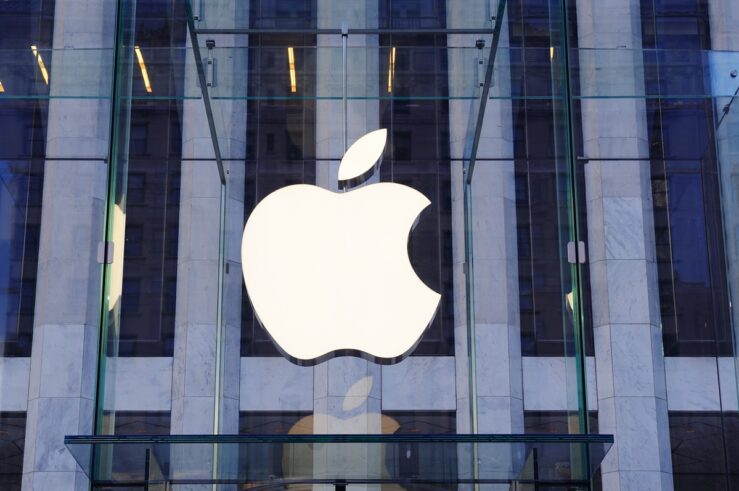What do the midterm election results mean for antitrust, if anything? According to the American Antitrust Institute, not much:
Despite predictions that the new Congress will result in a dramatically changed climate for business, the American Antitrust Institute (AAI) predicts that the election will have relatively little impact on the enforcement of the nation’s antitrust laws. “Reasonably strong enforcement of the antitrust laws can be expected to continue to contribute to the reinvigoration of our economy over the years ahead,” said Bert Foer, president of the AAI.
Foer suggests five reasons why U.S. competition policy enforcement will stay its course following the election: (1) the appointees in charge of policy at both the Federal Trade Commission and the Department of Justice Antitrust Division are expected to remain in place; (2) their policies to date have been of a moderate nature, not breaking in substantial ways with previous administrations; (3) a bipartisan but conservative blue ribbon commission established by Congress recently concluded that major changes in the law are not needed; (4) enforcement by private plaintiffs will continue to account for more than 95 percent of antitrust cases; and (5) antitrust continues to serve the vast majority of businesses as well as consumers as a fundamental protection against anticompetitive practices.
I disagree — at least in one sense. Hold aside the fairly obvious point that antitrust policies at the Federal Trade Commission, with the aggressive use and interpretation of Section 5 and the recent settlement with Intel, have not been moderate and have certainly deviated from the practices of previous administrations. One of the more interesting developments in the antitrust world over the past few years has been Congressional activity surrounding antitrust enforcement in response to developments in antitrust jurisprudence, particularly at the Supreme Court. For example, Congress has entertained or is entertaining (at least) the following pieces of legislation: a Twombly repealer, a Dr. Miles repealer, legislation prohibiting reverse payment settlements, the repeal of various antitrust exemptions, and even an odd argument from the Federal Trade Commission that it should be exempt from the requirements of Trinko. This is quite a bit of legislative activity for antitrust (see related thoughts from Thom here), which raises the interesting question of whether the shift in Congress means anything for antitrust?
I think so. I suspect that one’s priors on the likelihood of Twombly or Leegin repealers must be revised downward in light of the elections. I suspect that it is now highly unlikely that we will see significant antitrust legislation in the next few years. Given the level of antitrust buzz in Congress over the past few years, that seems like a development worth noting and keeping an eye on.




